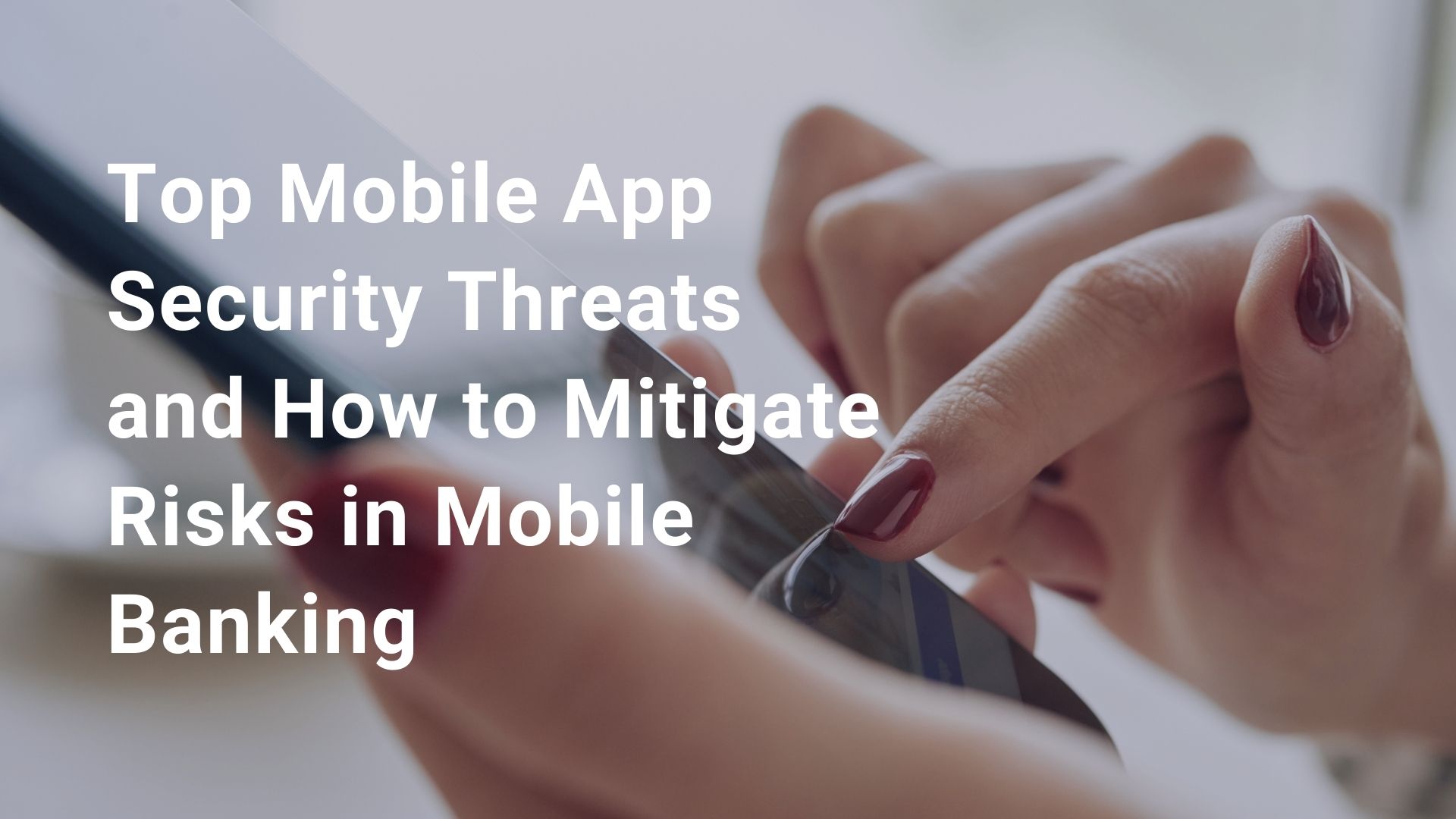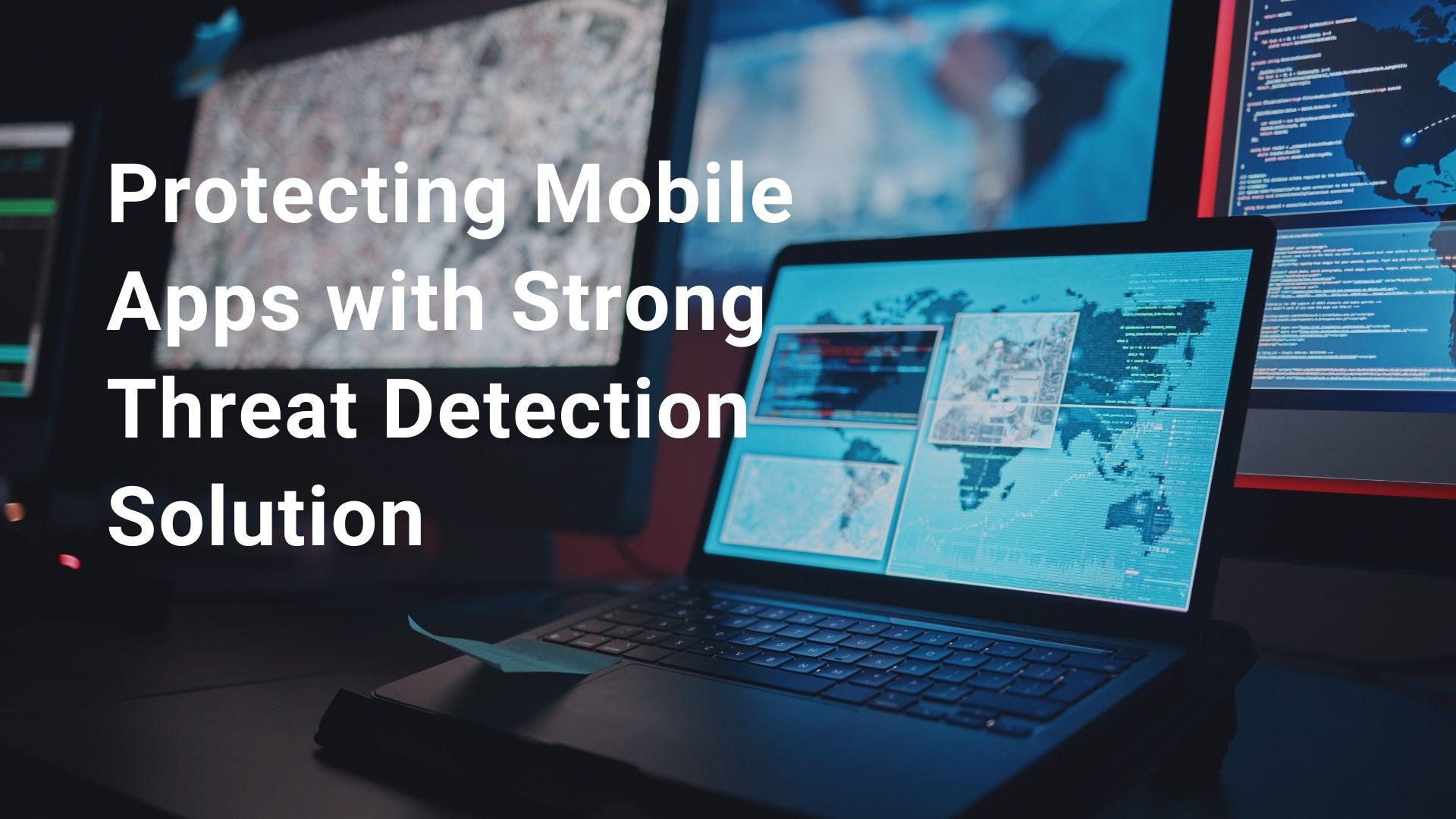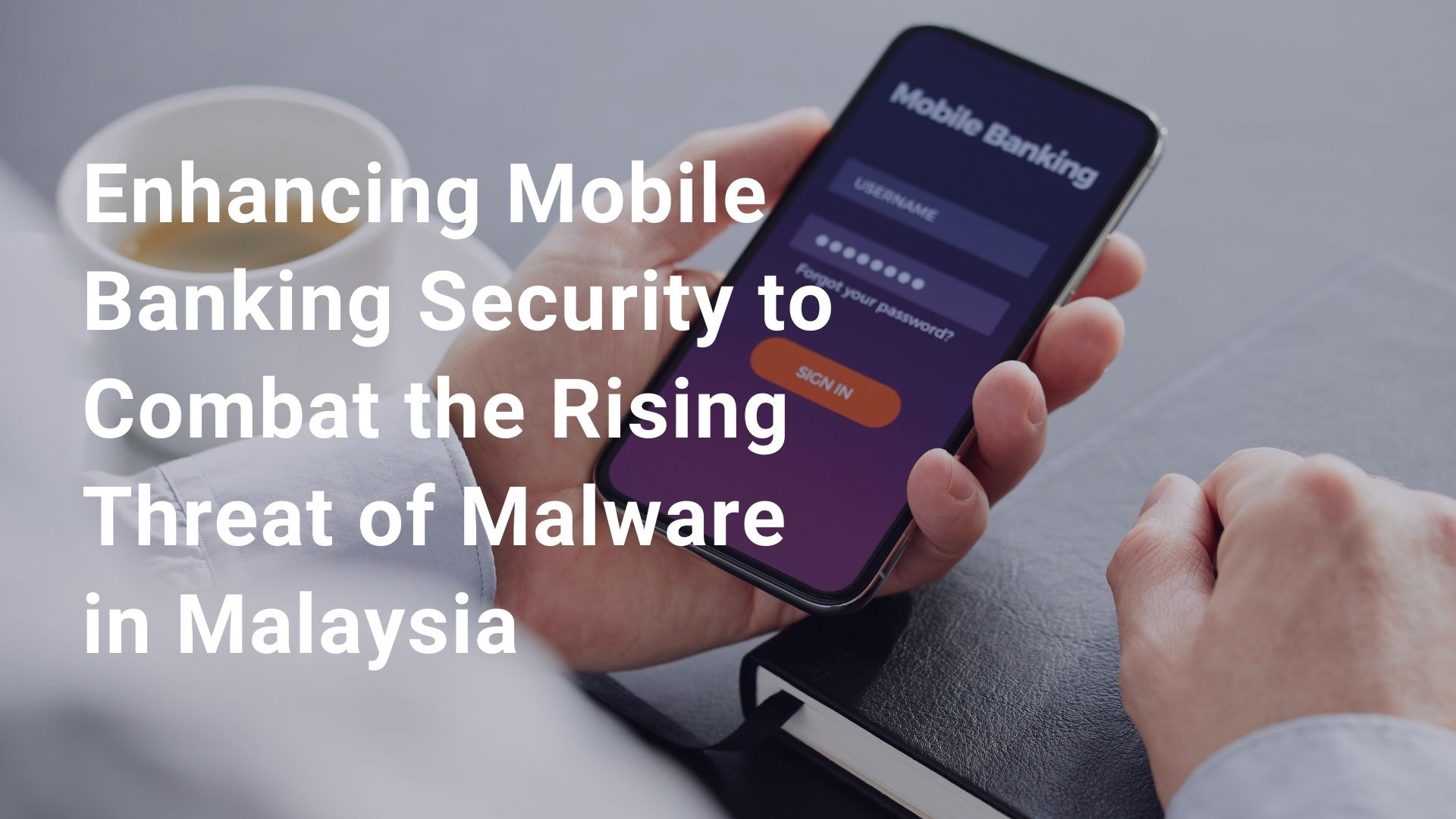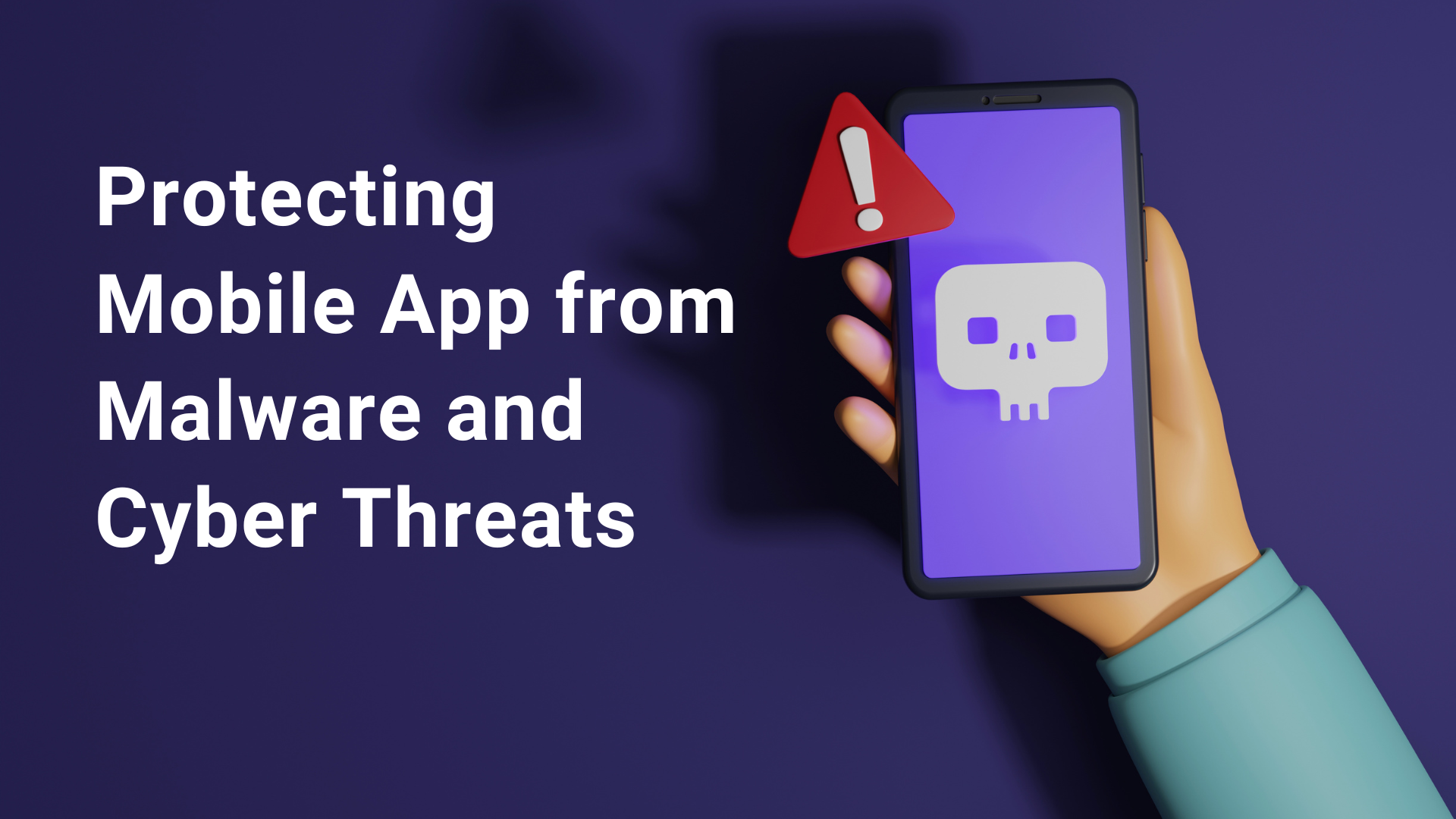Resources
Articles
BLOG, SUCCESS STORIES, WHITEPAPERS & GUIDES
-
Blog
-
Latest News
-
Success Stories
-
Whitepapers & Guides

Top Mobile App Security Threats and How to Mitigate Risks in Mobile Banking
From malware and phishing attacks to weak authentication and unsecured data storage, these threats expose banks and their users to significant risks. Explore top mobile app security threats facing in the banking industry and learn how to stay ahead of critical security threats.

Mobile App Security Trends and Strategic Solutions in 2025
The mobile app landscape is evolving rapidly. To stay ahead of the curve, organizations must adapt to new security challenges and embrace emerging solutions. Explore the critical trends and strategic recommendations to secure your mobile apps in 2025.

Protecting Mobile Apps with Strong Threat Detection Solution
The dependency of mobile apps comes with a significant risk for attackers to exploit vulnerabilities, leaving businesses vulnerable to data breaches, fraud, and reputation damage. So how can security teams proactively monitor and mitigate it?

Protecting Mobile App from Threats with Application Hardening
As mobile applications continue to dominate the digital landscape, they have become prime targets for cybercriminals. This article will explore what app hardening is, why it is necessary, and how it strengthens mobile app security.

Enhancing Mobile Banking Security to Combat the Rising Threat of Malware in Malaysia
The banking industry is rapidly shifting to mobile, but rising cyber threats demand stronger security. Discover how malware-shielding technologies and comprehensive mobile app security strategies are enhancing mobile banking security in Malaysia.

How Cybercriminals Bypass Facial Recognition and What You Can Do
Facial recognition on mobile apps: is it safe? Cybercriminals exploit weaknesses, steal data. Discover how to secure mobile apps, prevent identity theft & protect apps from face login bypass attacks.

Securing Mobile Apps with Multi-Layered Security Strategies for Emerging Threats
With increasingly complex threats, protecting sensitive user data within mobile apps is critical. This article explores the ever-changing mobile threat landscape and unveils how a multi-layered security approach can effectively shield your mobile apps from emerging threats.

Protecting Mobile App from Malware and Cyber Threats
Discover essential security measures to fortify your app and safeguard user data. Learn how to prevent malware, cyber threats, and build trust with a comprehensive mobile security strategy.

Malware Protection for Mobile Applications
Safeguard your mobile apps from malware and other malicious threats with comprehensive malware protection solutions for mobile applications.

DevSecOps: Strengthening Mobile App Security in an Evolving Threat Landscape
Explore how DevSecOps enhances mobile app security, integrating robust protection throughout development in today's rapidly evolving threat landscape.

Safeguarding Against Evolving Malware Threats
Discover the state of malware landscape in Southeast Asia (SEA) and how to protect your mobile applications from malware threats.

Innovating Security in Mobile App Development
SecIron discusses the challenges and new waves of threats faced in today's mobile app security and the need to address these gaps on APAC CIO Outlook.

SecIron named as Top 10 Mobile Application Security Solutions Providers 2024 by APAC CIO Outlook
SecIron named as Top 10 Mobile Application Security Solutions Providers by APAC CIO Outlook 2024

SecIron named as Top 10 Mobile Application Security Solutions Providers 2023 by APAC CIO Outlook
SecIron named as Top 10 Mobile Application Security Solutions Providers by APAC CIO Outlook

SecIron joins forces with Computer Union to enter the Mobile Application Security market in Thailand
SecIron and Computer Union partner up to revolutionize Thailand's Mobile Application Security landscape, providing cutting-edge solutions for a safer digital experience.

SecIron Ties up With CyberSecurity Malaysia to Boost Mobile App Security
SecIron announced a strategic alliance with Cybersecurity Malaysia (CSM) to boost awareness about the importance of securing mobile applications and IoT systems among businesses in Malaysia.

Detecting Mobile App Security Gaps through Vulnerability Diagnosis
Discover how a mobile network provider detect mobile app security gaps through vulnerability diagnosis.

Third-party Payment Company
A Europe global developer and vendor of open digital payment solution has faced challenge in Android mobile application security risk. SecIron has helped to protect their mobile application and SDK then passed the penetration test with good result.

A Korean Gaming Company
One of the top 5 gaming company in South Korea is constantly facing game cracking and cheating issue. It causes them revenue loss. SecIron has helped to protect their game such that hackers find it difficult to hack and give up.

One of Top Bank in Taiwan
SecIron's code-less innovative security solutions provided a quick, hassle-free and time-to-market solution for one of the Top Banks in Taiwan.

Mobile App Security Knowledge Base: Social Engineering Attack
This article discusses mobile application security and the threats of social engineering attacks, the stages and five most common social engineering techniques with tips on how to protect oneself from social engineering attacks.

Runtime Application Self Protection (RASP) – The Next Step Up To App Security
The article discusses the increasing threat of cyberattacks on applications and the need for effective application security measures with concept of Runtime Application Self Protection (RASP).

Man in The Middle (MiTM) Attack – Everything You Need to Know
Learn about man-in-the-middle (MitM) attacks, a type of cyber threat where attackers interrupt data transfer or existing conversations, aiming to gain access to personal information such as credit card details, account numbers, and login credentials.
